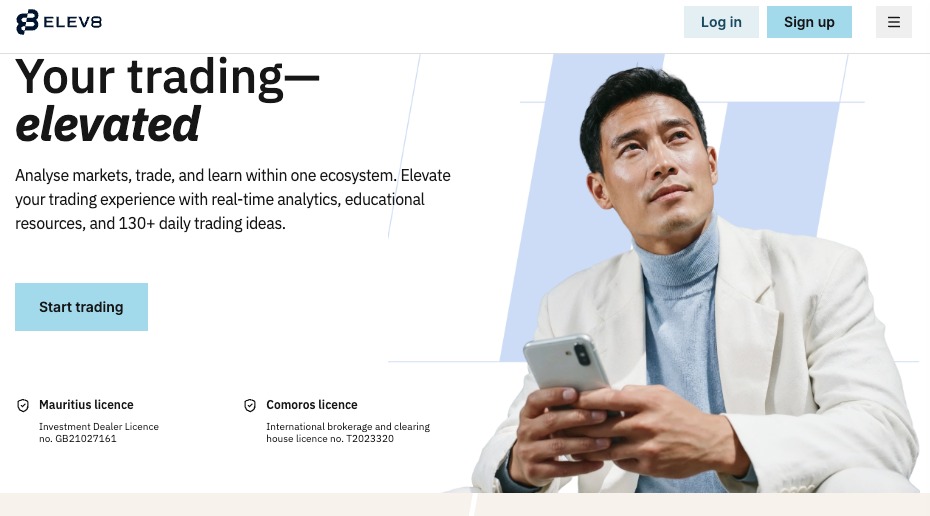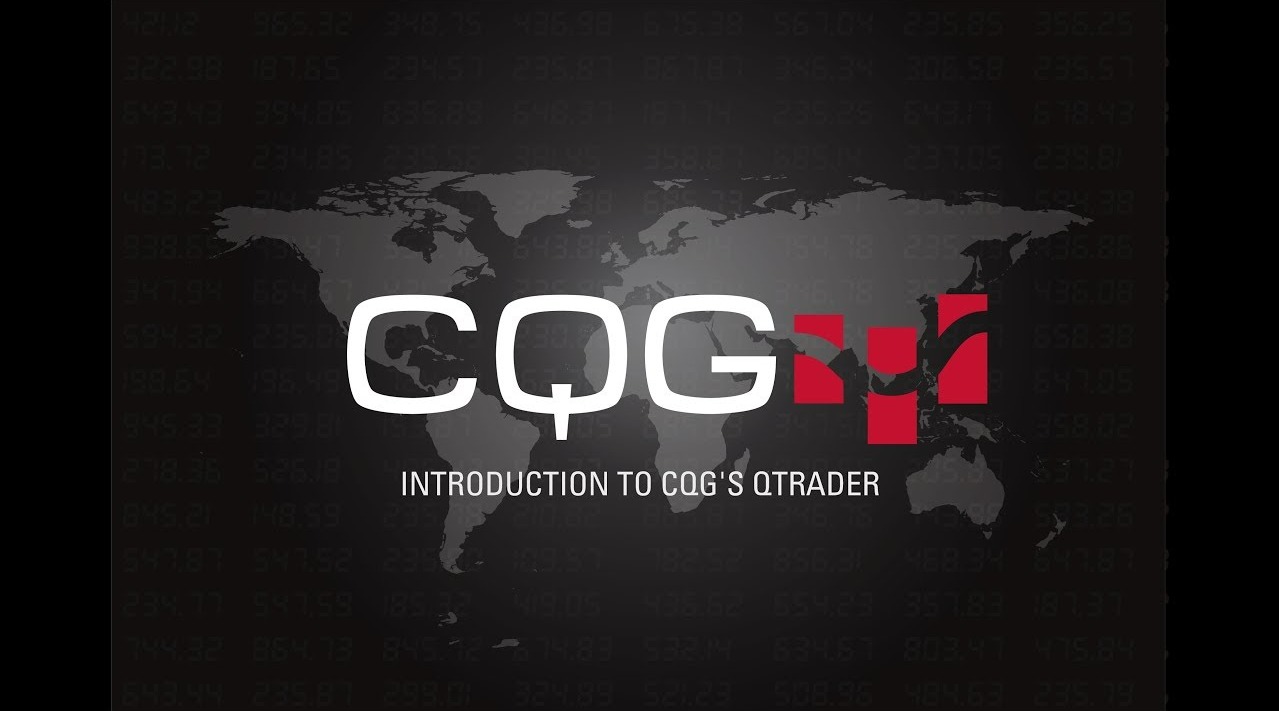Three Israeli companies, Sirin Labs, Stx Technologies Limited (Stox), and Leadcoin, are facing a lawsuit with allegations of initial coin offerings (ICO) scams involving around $250 million, The Times of Israel reported.
The companies took the ICO route to raise massive capital during the hype between 2017 and 2018. Sirin Labs raised $158 million in July 2017 to build a secure Blockchain -based smartphone; Stox, a sports and current events prediction market, secured $34 million in the same year; and Leadcoin banked $50 million the following year for a decentralized lead sharing network.
The lawsuit was filed by Roee Brocial and Eran Okashi, two former employees of the Singulariteam venture capital fund, on May 25. They are seeking $16.1 million from Moshe Hogeg, Adi Sheleg, Ido Sadeh Man, Yaron Shalem, Shmuel Asher Grizim, Avishai Ziv (Sonenriech), Singulariteam Holding II and Singulariteam Ltd.
Hogeg, who is the Co-Founder of both Stox and Sirin Labs, owns 70 percent of Singulariteam, while Sheleg, Sadeh, and Shalem, hold 22.5 percent, 5 percent, and 2.5 percent in the company, respectively. Ziv is Singulariteam CEO. Grizim is the Founder and CEO of Leadcoin and heads Webydo Systems, another Israeli company.
Initially, the two plaintiffs were convinced with the proposals of the blockchain firms and invested their own money in the three companies. In addition, they persuaded family and friends to invest in the ICOs.
However, now they are alleging that neither of the companies is building any products and the ICOs were outright scams. Moreover, the lawsuit alleged that the defendants misappropriated the ICO proceeds for personal use.
Do Celebrity Endorsements Mean Anything?
Hogeg is known for onboarding high-profile celebrities to promote and invest in his startups. Stox ICO was endorsed by American boxer, Floyd Mayweather while star Lionel Messi and supermodels Irina Shayk and Sara Sampaio promoted Sirin Labs.
He faced multiple lawsuits earlier for his blockchain startups, but all of them were settled privately with non-disclosure agreements in place.
“The defendants understood the advantages and the potential inherent in raising money through initial coin offerings, especially the lack of oversight and Regulation in this area,” the lawsuit stated.
“Soon after they raised money and sometimes while they were doing so, the defendants emptied the companies and left them without any substantial activity, leaving investors with huge losses.”
Hogeg, who also owns the Beitar Jerusalem football team, talked with local publication Walla and denied all allegations against him.


















